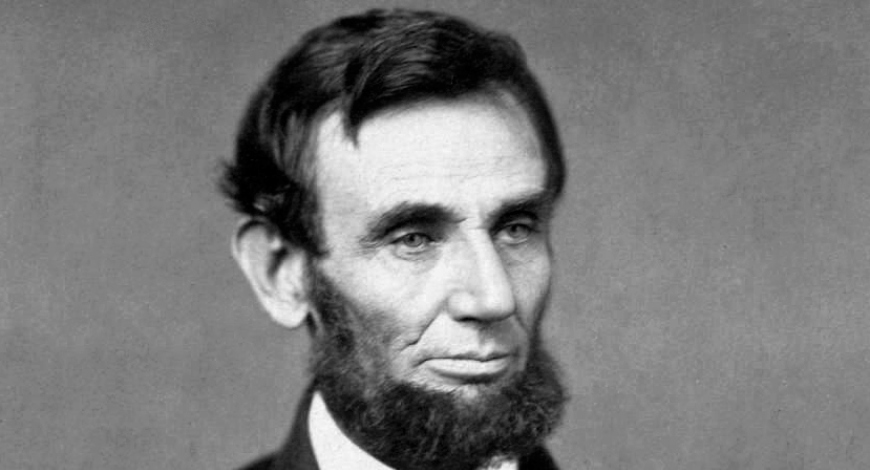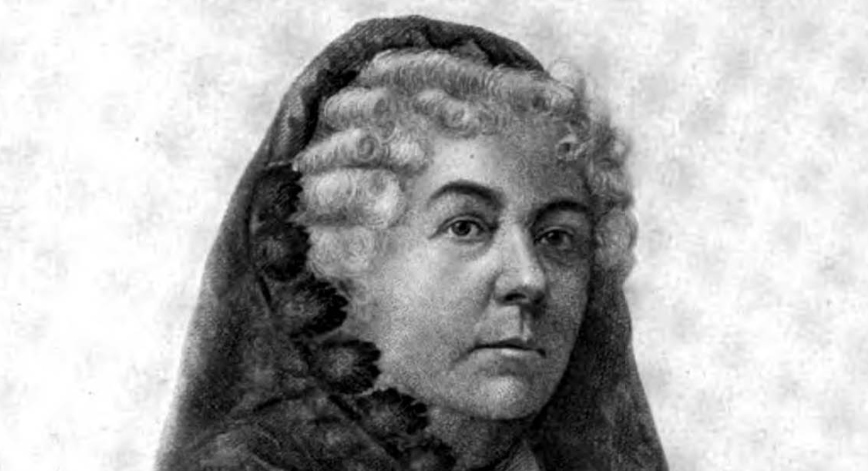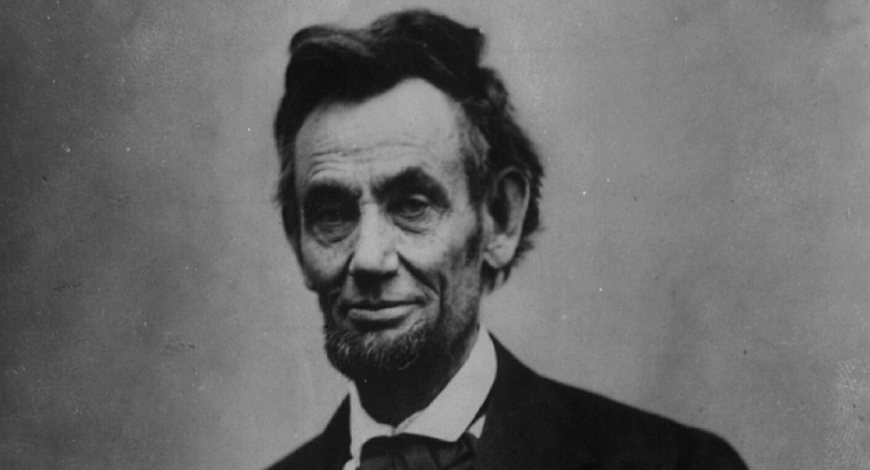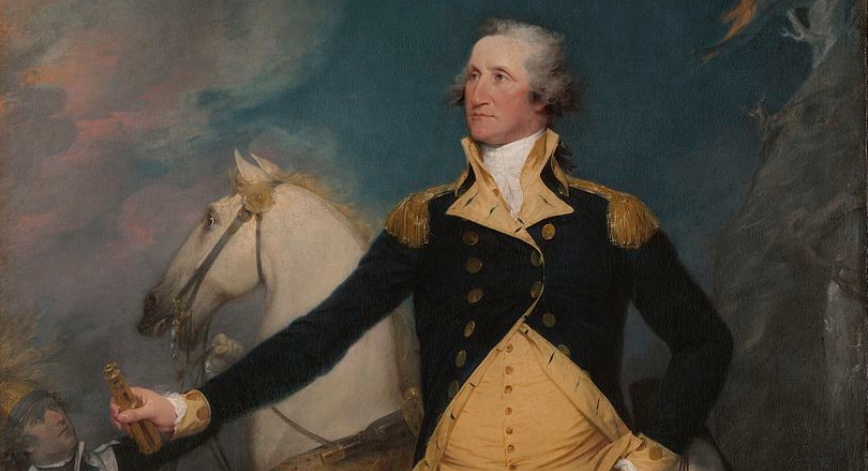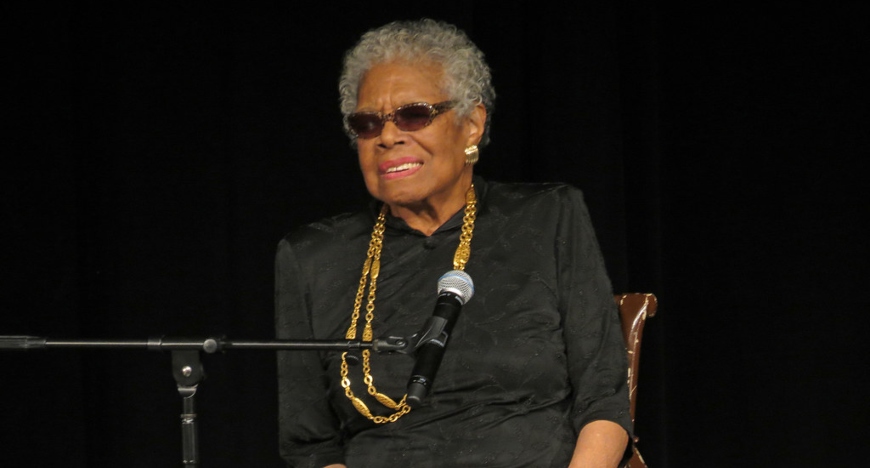School is often the first place where students occupy positions of authority where they are able to direct the efforts of others. Being a good leader and having influence are highly valued. The challenge is figuring out the best way to do it. Some think it’s all about having power and expecting others to obey it. Others lead by moral example. Leadership lessons cultivated at young ages carry into adulthood and form the basis for how to treat other people.
Students must make decisions in life about how to treat themselves and others. There is a tension here in deciding whose needs should assume greater importance. Sometimes the selfish instinct takes over, other people are shut out and there is a laser-like focus on individual needs. Other times the selfless attitude leads the way. Making wise and balanced decisions about when to serve the self and other people is an important component to living a good life.
Students must learn how to solve all kinds of problems. Some problems are academic; others are emotional. Perhaps the hardest problems involve communication and the navigation of complex human relationships. What makes these types of problems even more difficult is that anger often intervenes. Anger is a wild variable that can either diminish or enhance the capacity to find creative solutions.
Students are fed the consistent message that they can achieve anything in life if only they just work hard at it. They are in control of their future. But students are also aware of the fact that much of their future is out of their control and that no matter how hard they try, they will never achieve certain things. These two forces– the internal force of their own desires and the external force of the world acting upon them– conspire to shape their life experiences.
Kids are in the midst of making so many ethical choices about the types of people they should be hanging out with. There is peer pressure to spend time with friends who may make questionable life choices but whose approval is important for a child’s self-esteem. Friendship advice from parents, coaches and other authority figures often go unheard because they conflict with what kids believe inside. Decisions on which company to keep are never easy but they are integral to the healthy moral development of human beings.
Success, students are told, comes from doing well in school, building friendships and finding the right career. The only problem is they aren’t told exactly how to find this success and whether actually loving what they do should even be a consideration. As a result, it’s important for students to develop a self-awareness around what success means to them and how they plan to get it.
Happiness is one those concepts that students talk and think about a lot, but rarely define. They are encouraged to motivate themselves to set goals to achieve happiness but the path is never laid out with any clarity. Reflecting on what happiness actually is can help students become more self-aware of what they value in life.
Everybody experiences struggle. Sometimes the struggle ends up making the person more self-confident, stronger and better able to move forward to the next challenge. But other times adversity breeds fear and inaction. Every struggle is an opportunity for students to make an ethical choice on how to respond in a way that helps them cope with the challenges they will face.
Fear is an emotion we can all identify with. Fear causes stress and discomfort, and makes us do things we would not otherwise do. People react to fear in different ways. Some remain calm; others lose control of their mind which causes even more distress. Dealing with fear in productive ways is an important life skill that helps us manage stress.
The Coronavirus outbreak of 2020 has driven society into isolation. Schools are closed. Businesses are shut down. Our social lives have stopped functioning. And we’re at home with much more alone time. Isolation can breed some sadness and despair but also offers a chance for us to reflect and evaluate our lives in a positive and meaningful way.
Students have very strong opinions about when to talk and when to remain silent. Sometimes, students speak out of nervousness. Other times, students speak because they have something they have to say to the world. Then there are other students who are shy and never want to talk, or who remain silent because they are afraid to look foolish.
Some students are dreamers who live comfortably thinking about a world not yet created. Then there are the ‘down to earth’ students who find comfort in facts. Often, these two groups clash during group projects when there’s a need for a clear vision of an end goal but then also a clear, step-by-step plan to get it done.

